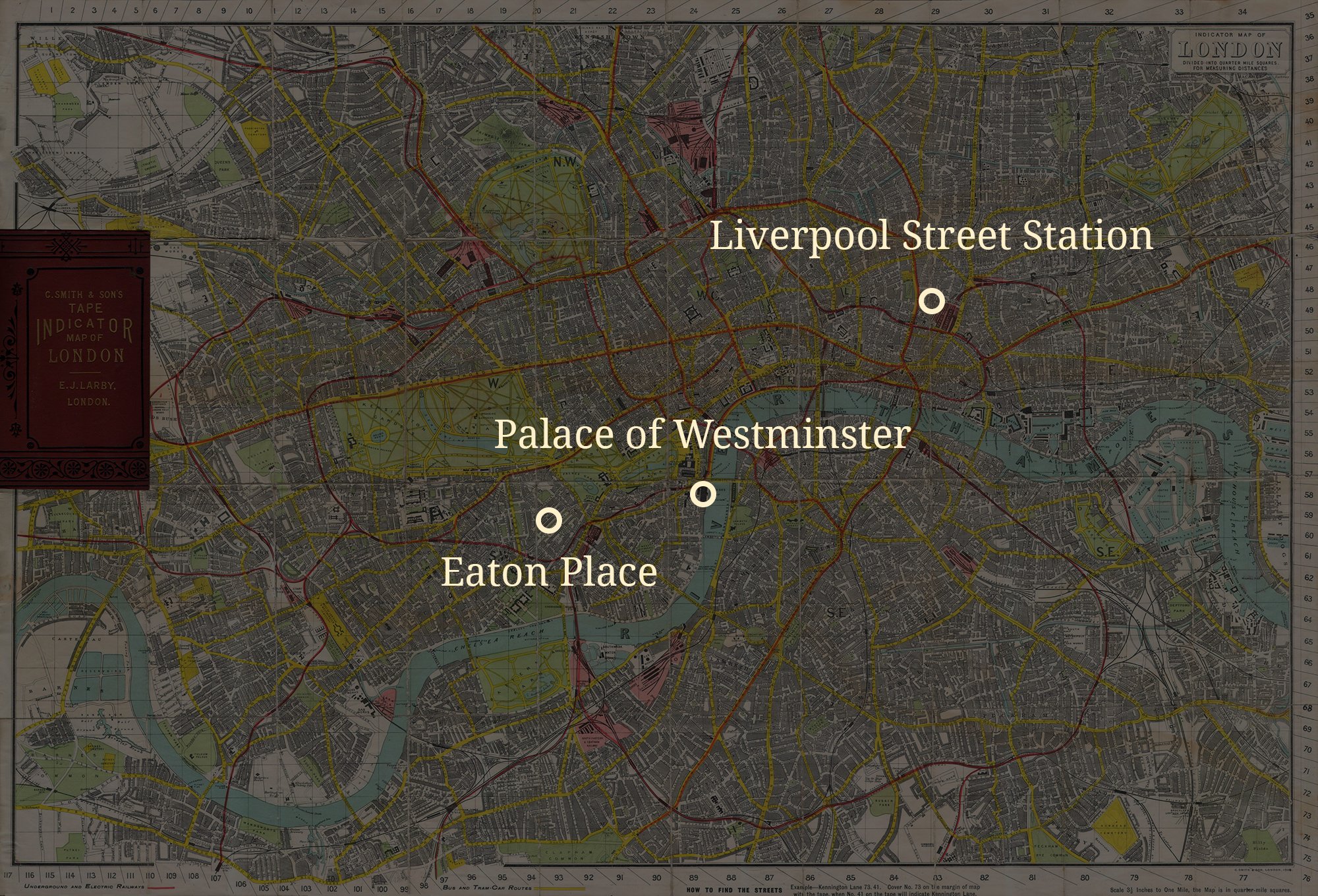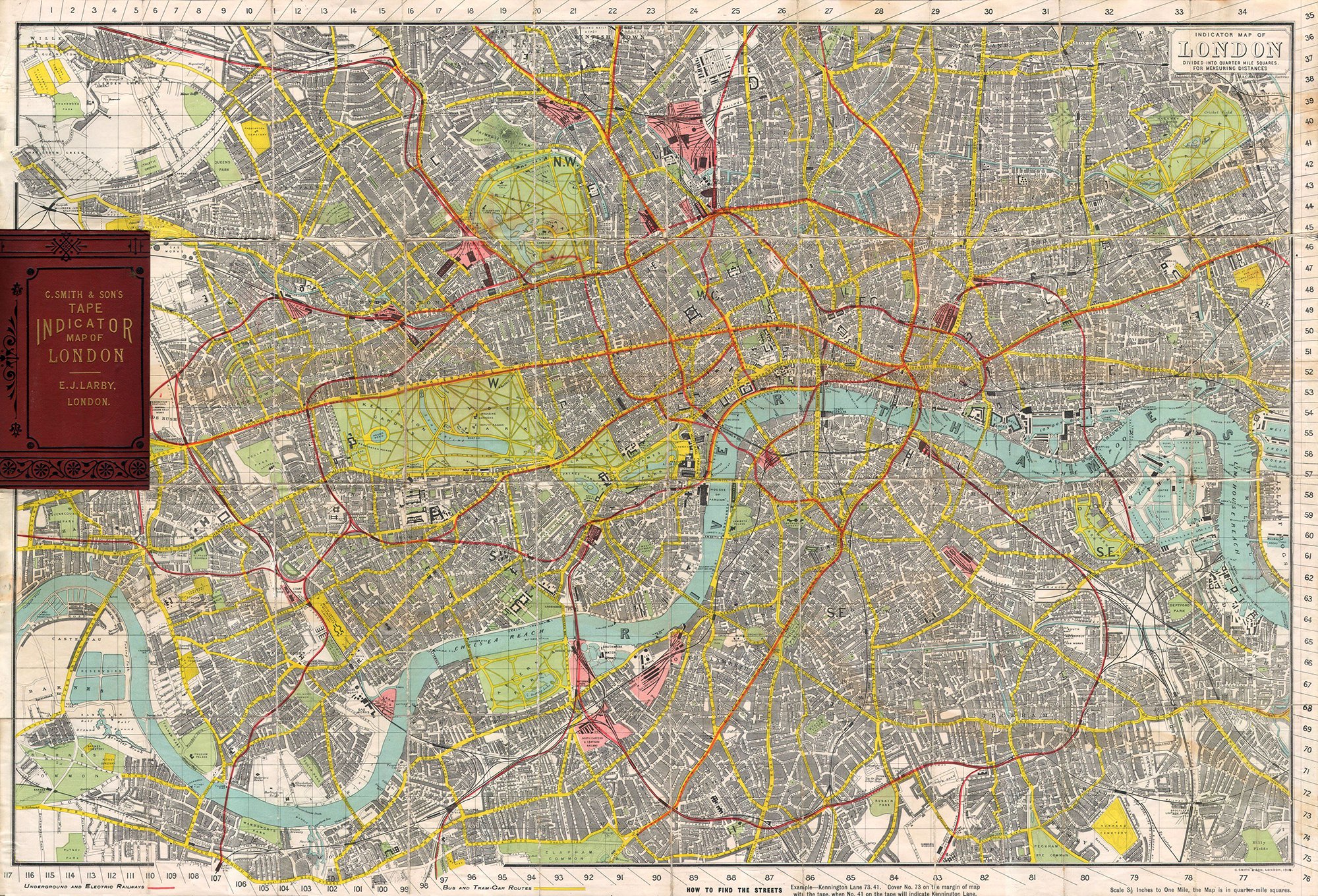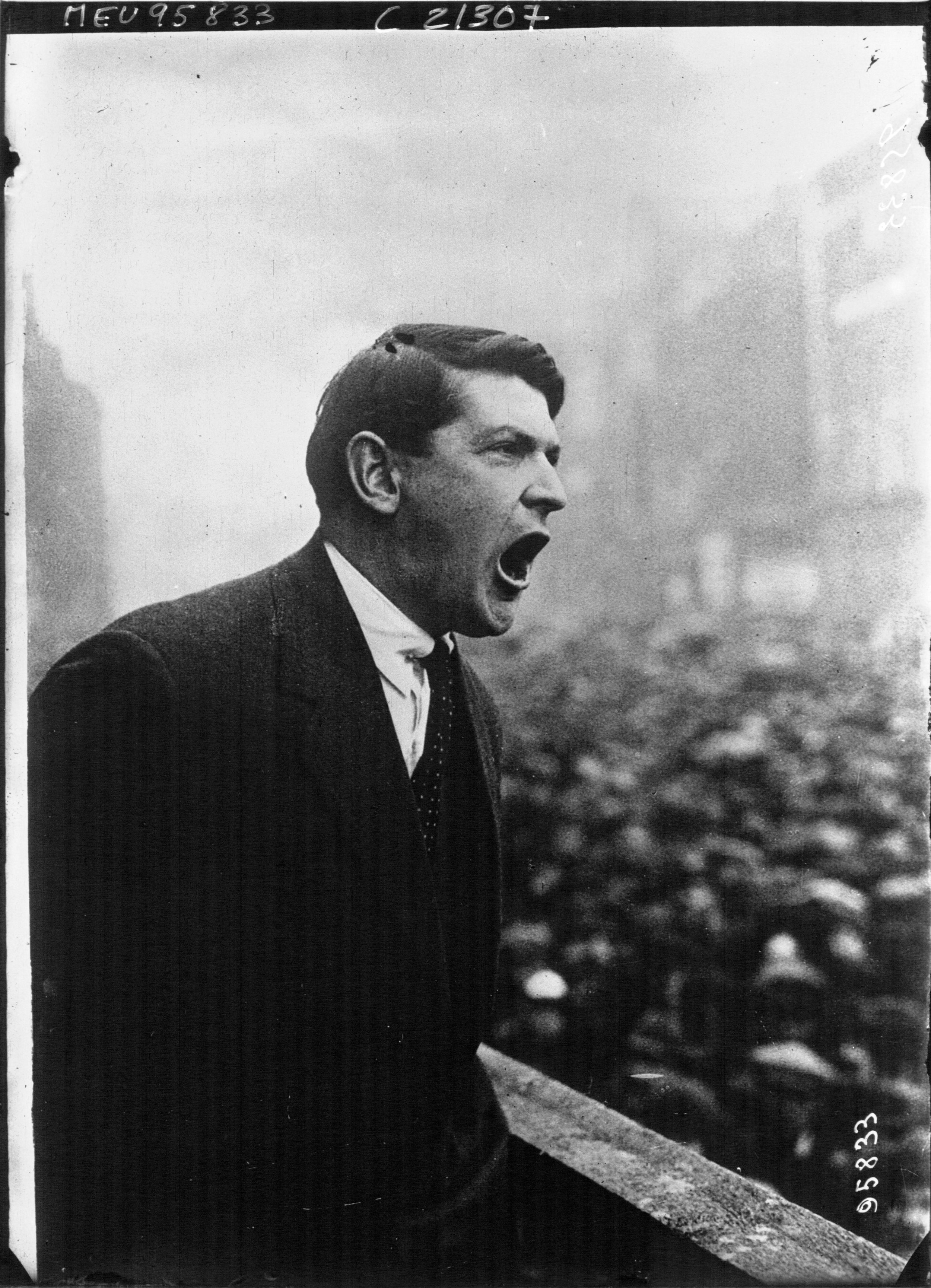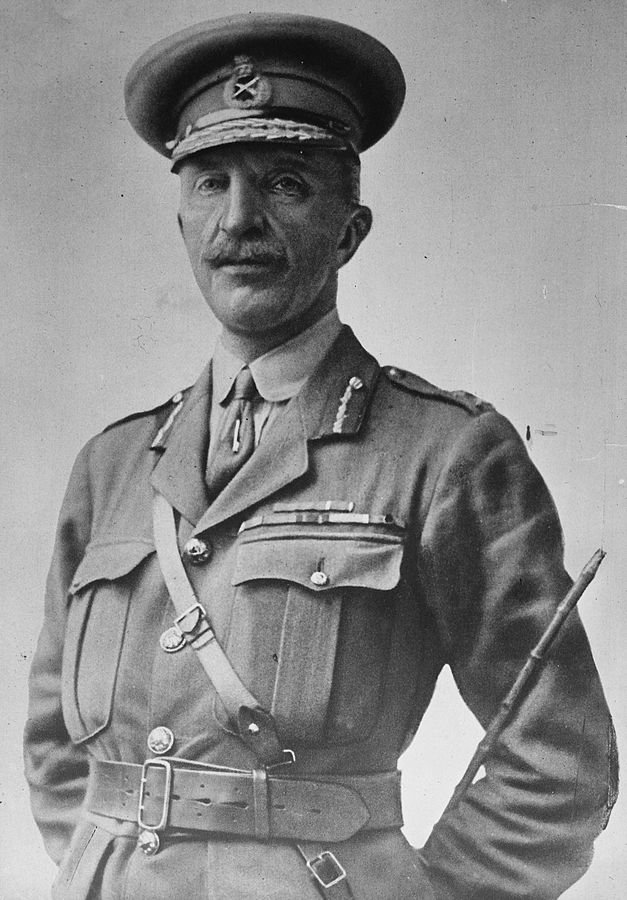The Assassination of Field Marshal Sir Henry Wilson MP: Ronan McGreevy (1922)
Ronan McGreevy author of The Great Hatred by Alan Betson.
Exactly one hundred years ago a series of gunshots rang out in Belgravia, London. An affluent neighbourhood, home to the imperial capital’s wealthy and powerful, that day it was the source of a shocking story. Within hours the news was being transmitted across the British Empire. Field Marshall Sir Henry Wilson, one of the great heroes of the Great War, had been assassinated.
Just who was responsible, why it mattered and what happened next is the subject of this incisive and dramatic episode of Travels Through Time.
*** [About our format] ***
In his new book, Great Hatred, Ronan McGreevy reflects that the threat of assassination was ‘ever present’ in the late nineteenth and early twentieth centuries. Russian czars, American presidents and Austrian emperors had all been shot down, leading Archduke Franz Ferdinand, heir to the Austro-Hungarian throne, to muse. ‘We are all constantly in danger of death. One must simply trust in God.’ In 1914, Franz Ferdinand’s own assassination instigated the most dreadful war in human history.
General Henry Wilson, L'illustration Magazine cover photo (WC)
One nation that escaped relatively untouched was Britain. Since Prime Minister Spencer Percival’s death in the early nineteenth-century, there had scarcely been any political killings. But shortly after 2pm on 22 June 1922 that fact changed as Field Marshal Sir Henry Wilson, dressed in his full military uniform, strolled across the street towards his house at 36 Eaton Place. Ambushed by two men – one with a limp, the other with just one leg - Wilson was shot repeatedly. Wilson was dead before the doctor arrived.
Although Henry Wilson was a front-line politician, he was better known from his distinguished military service. As McGreevy explains, his contribution in the Great War had been so immense that he was widely considered to be one of the four heroes of the victory. In 1922, having recently resigned as the Chief of the Imperial General Staff, Wilson was embarking on a new career in the House of Commons. At fifty-eight, it seemed another great phase in his remarkable career was poised to begin.
Wilson’s rich biography was further textured by his Irishness. Born in County Longford, into a unionist family, his identity tessellated with one of the central political issues of the age: the politics of Ireland. Over the previous years this question had become acute. The drive towards independence had accelerated in the years the Easter Rising of 1916. Thereafter had come a war of independence and, eventually, a treaty, which divided the island into two political entities. Twenty counties in the south would form a new Irish republic. Six counties in the north would remain as part of the British union.
McGreevy guides us through this complex history in the episode. He explains how tangled the question of Irish republicanism had become by 1922, with many British soldiers of the Great War immediately joining the Irish Republican Army in 1919. He describes how people were displaced by the partition of 1922, which marooned both Catholics and Protestants in countries to which they felt little allegiance.
This politics affected people right across the class spectrum. One of the most prominent to have their identities challenged was the new unionist MP for North Down, Henry Wilson. Wilson believed in the continued prosecution of the war in Ireland and disliked the truce of 1921 and subsequent peace. His hawkish approach brought him enemies and, eventually, led to the events in Belgravia one hundred years ago.
But as McGreevy explains, the gunshots that rang out in that Belgravia streets that day did not just result in one death. According to Mcgreevy, Wilson’s death was Ireland’s ‘Sarajevo Moment’, analogous to Franz Ferdinand’s killing in 1914. In 1922, as eight years before, a force was unleashed. A series of events followed that led, ultimately, to another assassination.
This one was a killing of even greater significance to Ireland. It was the assassination of the brilliant, astute and charismatic Michael Collins at Béal na Bláth, the Mouth of the Flowers, in County Cork 22 August, 1922.
***
Ronan McGreevy is the author of Great Hatred: the Assassination of Field Marshal Sir Henry Wilson MP, which is newly issued in hardback by Faber.
*** Listen to the Podcast ***
Show Notes
Scene One: Liverpool Street Station at 12.50pm on June 22nd, 1922: Henry Wilson unveils a war memorial.
Scene Two: 36 Eaton Place at 2.30pm on June 22nd 1922: Henry Wilson is murdered on his own doorstep.
Scene Three: Béal na Bláth (the Mouth of the Flowers), Co Cork August 22nd, 1922: Michael Collins is shot dead by anti-Treaty forces in an ambush.
Memento: Henry Wilson’s sword.
People/Social
Presenter: Peter Moore
Guest: Ronan McGreevy
Production: Maria Nolan
Podcast partner: Ace Cultural Tours
Follow us on Twitter: @tttpodcast_
Or on Facebook
See where 1922 fits on our Timeline
About Ronan McGreevy
Ronan McGreevy is a news reporter and videographer with the Irish Times. He is the author of the book Wherever the Firing Line Extends: Ireland and the Western Front. He was made a Chevalier de l’Ordre des Arts et des Lettres by the French government for his work on remembrance and the First World War.
He is the editor of Centenary: Ireland Remembers 1916, the official State book recalling the commemorations of 2016. He is also the editor of Was It for This? Reflections on the Easter Rising, an anthology of commentary on the Easter Rising, published in 2016. He is the presenter of the full-length First World War documentary United Ireland: How Nationalists and Unionists Fought Together in Flanders, which was shortlisted for best film at the Imperial War Museum’s short film competition in 2018.
London, 1922
Map: Wiki Commons








